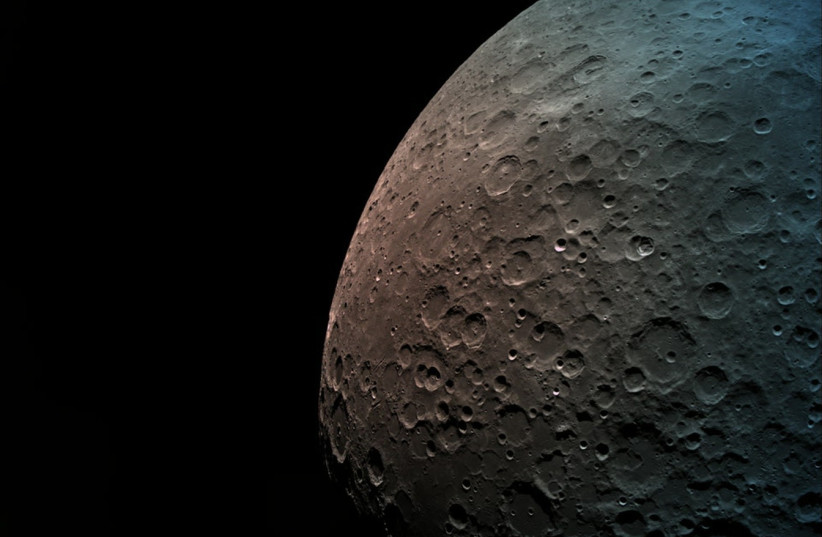Adherents to the Jewish calendar are very familiar with the moon and its phases, but the general public is less in tune with the intricacies of the light in the night sky. The National Aeronautics and Space Administration (NASA), therefore, has declared that October 1, 2022 will be International Observe the Moon Night.
"This celebration provides opportunities to learn about lunar science and exploration, observe celestial bodies, and honor personal and cultural connections to the Moon."
NASA
This year is not the first time the world will celebrate International Observe the Moon Night. According to NASA's website, approximately half a million people participated in the celebration last year from 122 countries all over the world.
NASA's website also explains that "this celebration provides opportunities to learn about lunar science and exploration, observe celestial bodies, and honor personal and cultural connections to the Moon."
Getting curious about outer space

This holiday is an effort by NASA to encourage people to get curious about the solar system, galaxy and wider universe by using the moon as a stepping stone.
To this point, NASA mentioned that it is currently preparing for the Artemis mission, which will land the first woman and the first person of color on the moon. The eventual goal, according to NASA, is to " use what we learn on and around the Moon to take the next giant leap: sending the first astronauts to Mars."
